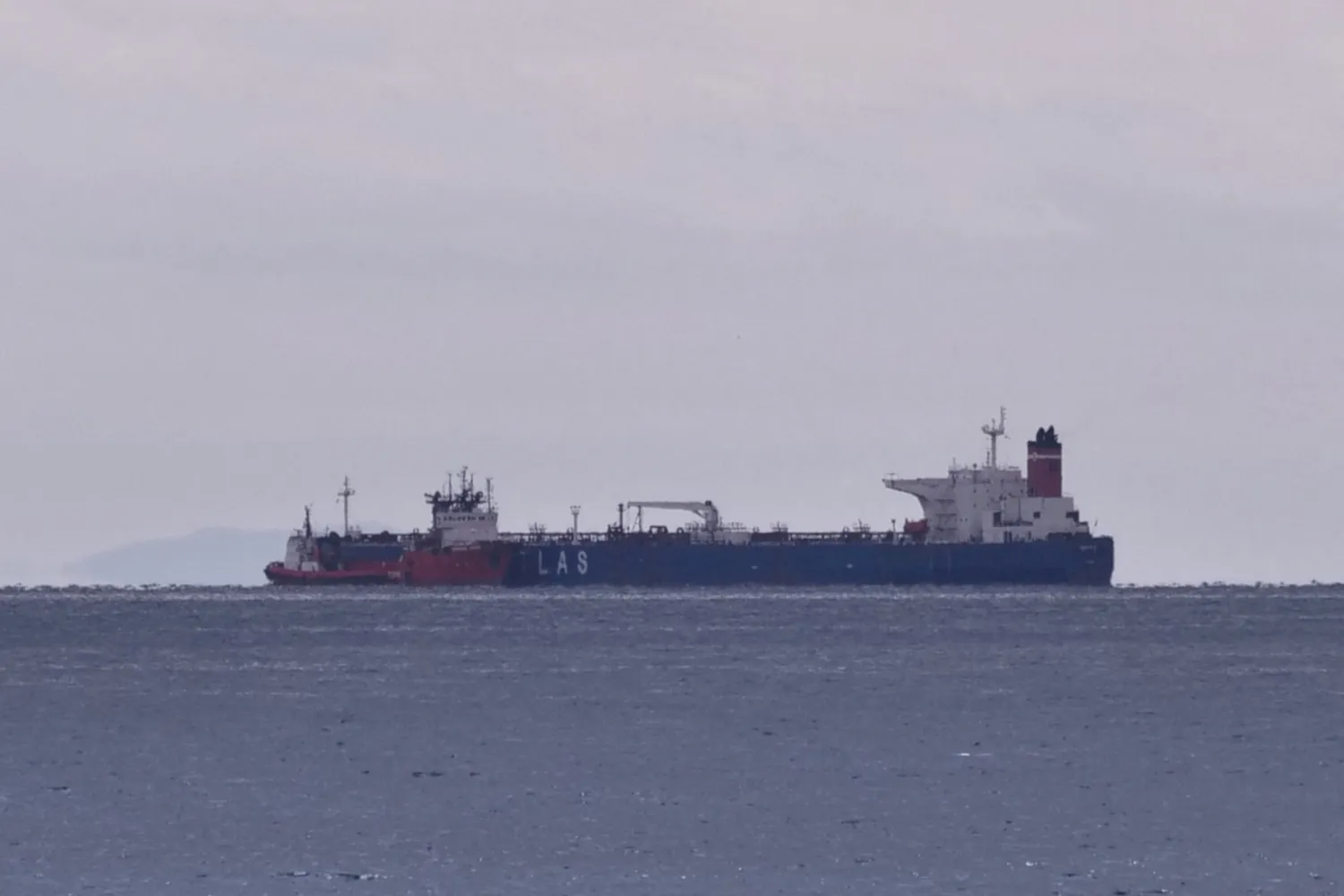Iran's seizure of two Greek-flagged oil tankers in Gulf waters is "a serious violation of international law", France's foreign ministry said Sunday, calling for the immediate release of the ships and their crews.
Iran's Revolutionary Guards seized the Greek tankers in the Gulf Friday, days after Athens confirmed it would deliver to Washington Iranian oil it had seized from a Russian tanker.
"We call on Iran to immediately release the crews and vessels," AFP quoted a French foreign ministry spokesperson as saying in a statement.
"France reiterates its commitment to the rules of international law protecting the freedom of navigation and maritime safety. We call on Iran to immediately cease its actions that contravene these rules," the statement concluded.
Iran said Saturday the crews of two Greek oil tankers were in "good health" and not under arrest.
But Greece has condemned Tehran's detention of the two ships as "tantamount to acts of piracy" and warned its citizens not to travel to Iran.
The Revolutionary Guards -- the ideological arm of Iran's military -- had said it seized the tankers "due to violations", without elaborating further.
Greece said one of the tankers had been sailing in international waters, while the second was near the Iranian coast when it was seized.
Nine Greeks are among the crews, the Greek foreign ministry said, without specifying the number of other sailors on board.









